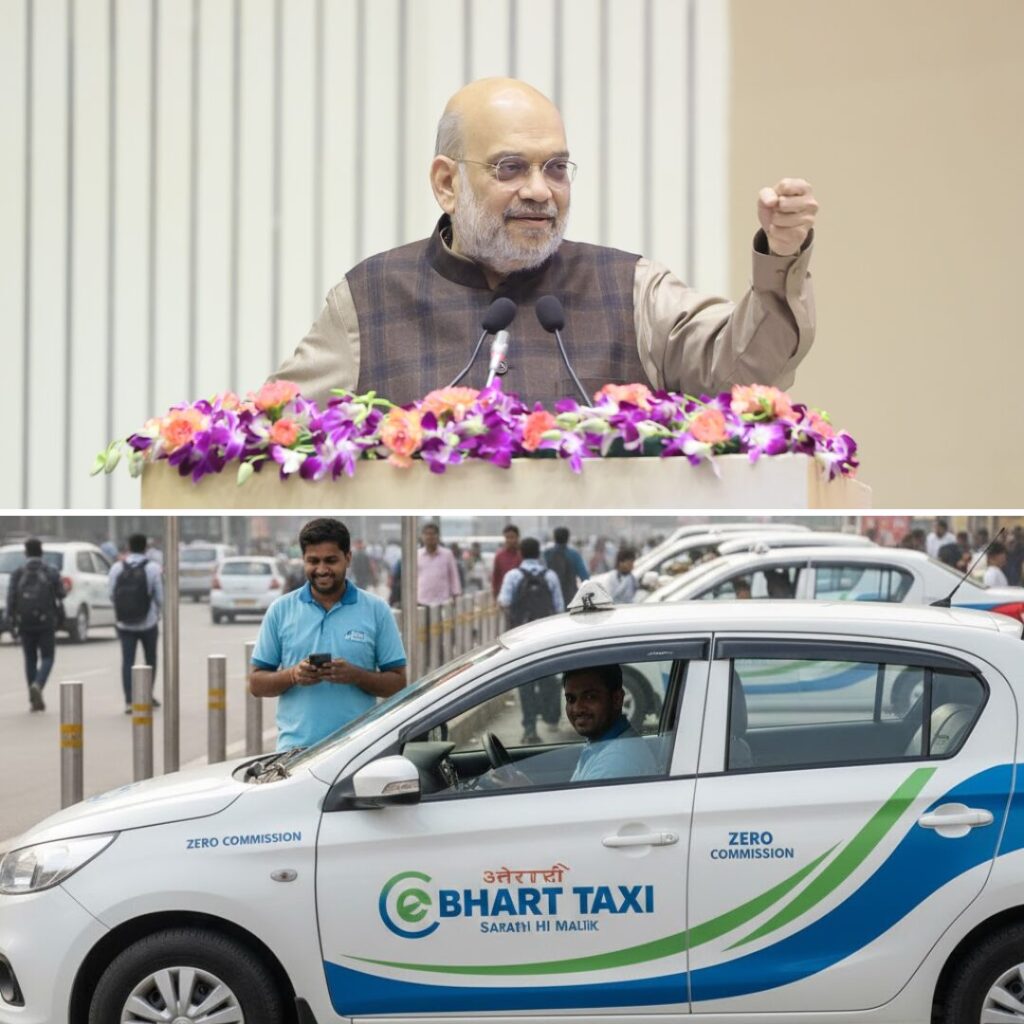The death penalty passed by lower courts has increased significantly in 2018, reported The Times Of India. The death penalty is often demanded on the heels of crimes that jolt the public, prime examples being the Unnao and Kathua rape cases last year. The Prime Minister during his Independence Day speech has mentioned that the number of capital punishment awarded to rapists had shot up. According to “The Death Penalty in India: Annual Statistics 2018”, a report published by Project 39A at National Law University, Delhi state that in 2018, trial courts gave 162 death sentences, which is the highest in nearly two decades. The Supreme Court, however, reduced 11 of the 12 death sentence cases questioning the lower courts’administration of the penalty.
Madhya Pradesh scored the highest
Among the states, Madhya Pradesh awarded the most death sentences. The figure shot up to 22 in 2018 from 6 in 2017. One primary reason behind the bumped up figure is the 2018 amendments to the Indian Penal Code (IPC), which introduced the death penalty for child rape. The state has also come up with a point system to reward prosecutors who enable quick convictions. The point system is 1,000 points for the death penalty, 500 for life imprisonment and 100-200 points for maximum punishment at lower courts. They even have titles likes ‘‘best prosecutor of the month’’ and “ pride of prosecution” for prosecutors who have collected more than 2,000 points.
Aspects to be considered before imposing death penalty
According to the Supreme Court, before imposing a death penalty on a person, several aspects have to be scrutinised such as person’s social and economic circumstances, age, time spent in prison, the likelihood of reformation, and past history. However, Maitreyi Misra of the Centre on the Death Penalty, National Law University, Delhi said that all levels of the judiciary have struggled to apply these principles in a uniform manner.
For the year 2016, The Death Penalty India Report found that between 2000 and 2015, less than 5% of death sentences were held by the apex court. In 2018, high courts commuted 55 death sentences, among which 24 involved sexual offences. Justice Kurian Joseph before retiring wrote a dissenting opinion calling for the abolition of the punishment.
The Logical Indian Take
While 160 countries have abolished death sentence in law or practice, 98 have abolished it altogether. A move in the direction of capital punishment when world is moving against it is not a good sign and goes against the idea of reformative justice. It is logical to embrace the international trend of a complete abolition of capital punishment in all the cases. A life sentence would be good enough.
Also Read: Cabinet Strengthens POCSO Act, Changes Include Death Penalty For Aggravated Sexual Assault












